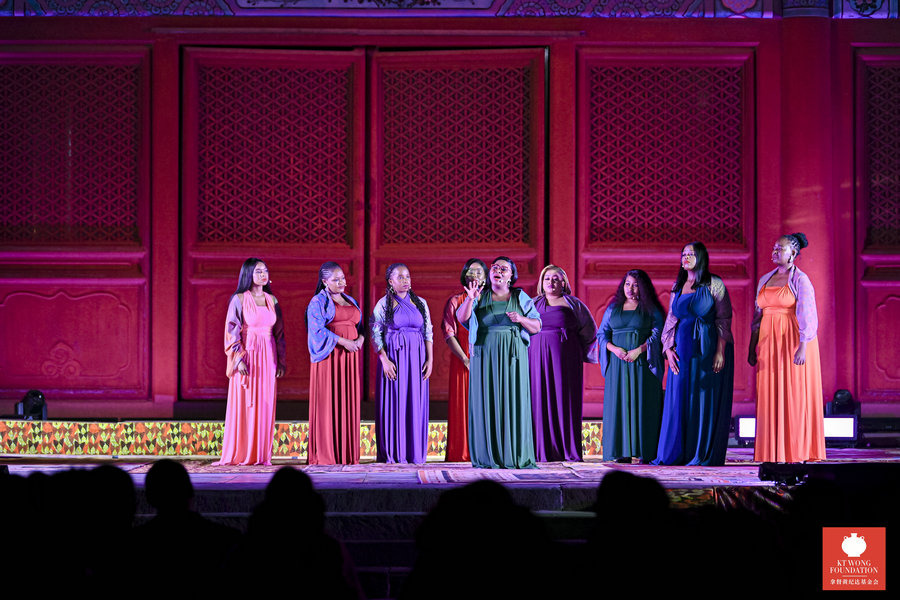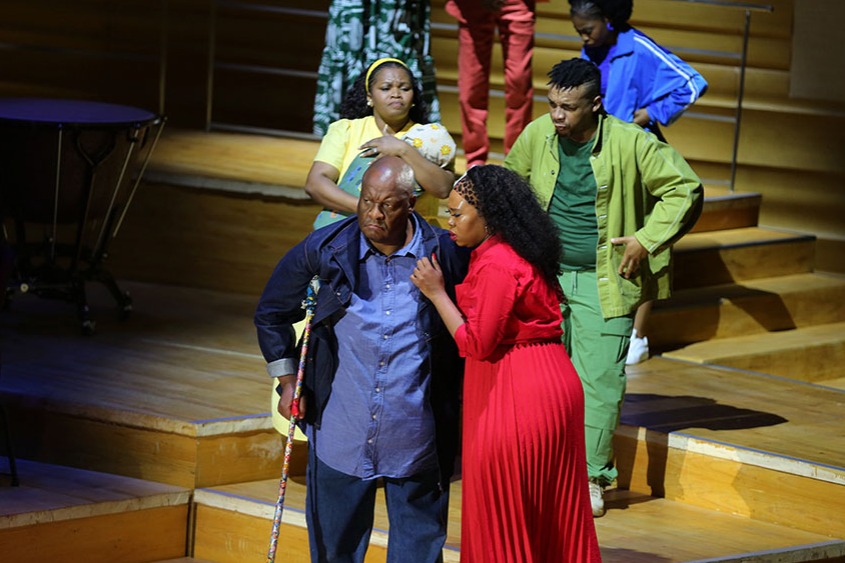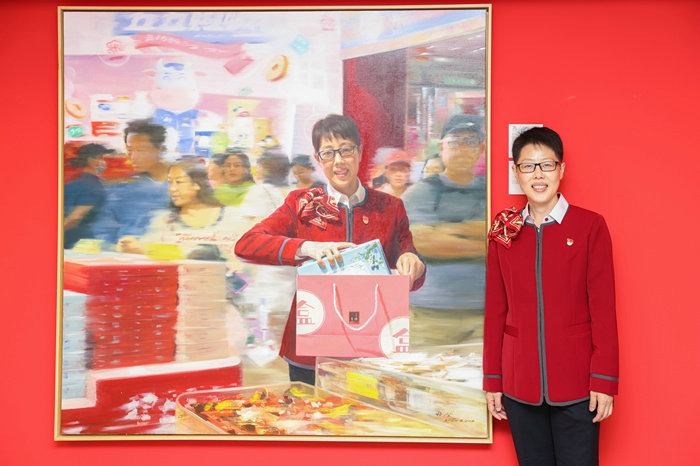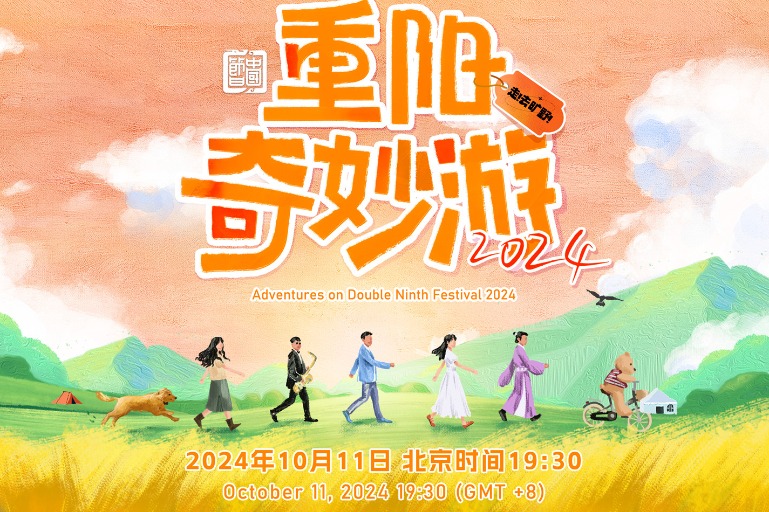Interviewer listens to learn as talk-show format changes


Seated by the window in a quaint roadside eatery in Yanjin county in Henan province, renowned novelist Liu Zhenyun enjoys the crisp taste of a freshly made lyurou huoshao (donkey burger). As he does, he adds a touch of vinegar to the steaming bowl of hand-pulled huimian noodles before him. Sat across the table is veteran talk show anchor, Li Jing.
Celebrated for novels known for their pervasive humor, distinctive literary style and profound social insights, Liu is particularly acclaimed for Someone to Talk To and his contribution to the many film adaptations of his books.
As they savored these local delicacies, Li turned to Liu with a question, "How do you look at life?"
Gazing at the small county town winter streetscape beyond the window, Liu responded, "Life is not meant to be looked at. It's something that engulfs you".
Continuing, he explained that an inability to write compelling characters and stories doesn't stem from a lack of life experience, rather, that doing so requires writers to understand the underlying aspects of life by examining its myriad facets and phenomena.
For Liu, literature is more than a mere reflection of life.
"Literature is about unveiling the philosophical underpinnings behind life. The essence of literature is philosophical," he added.
This scene unfolded in a recently aired episode of the online show I Hear You, in which Li, driven by her sense of curiosity and desire to ask questions, interviews influential individuals in various professions and immerses herself in their lives.
In Liu's hometown of Yanjin, Li visited the writer's old home and saw for herself how Liu collaborated with a group of young actors and theater staff to create a stage play. The production was an adaptation of his book One Day, Three Autumns.
Li's show disrupts traditional interview norms with fluid scenes and an interviewing style focused on listening. Creating a unique atmosphere for each interview through subtle filming and presentation, it seeks to allow viewers to resonate with the interviewee and find their own answers.





































